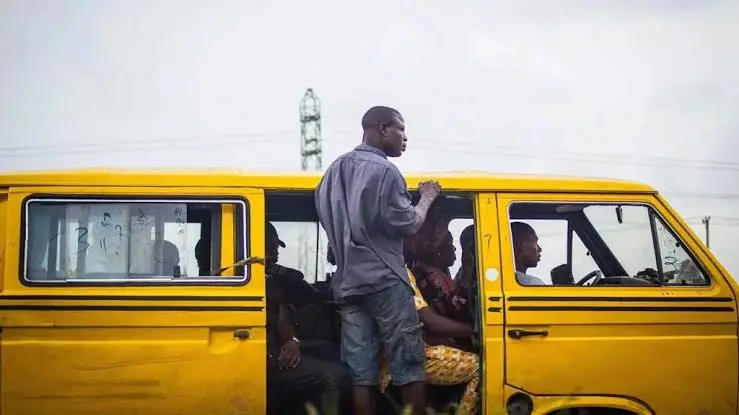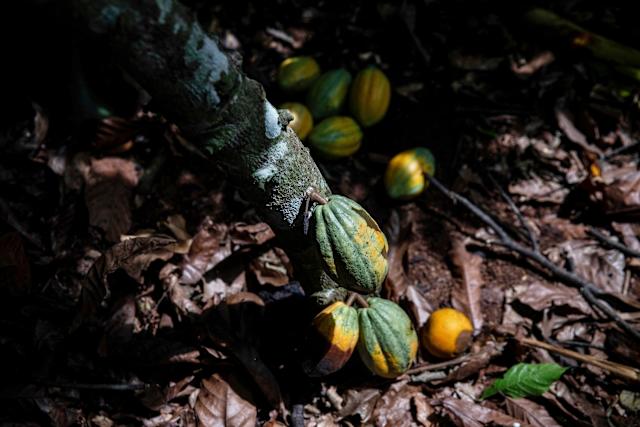
High Cost Of Living In Nigeria Forces Enugu, Jos Residents To Sacrifice Comfort And Security In Daily Life

The spiralling cost of living in Nigeria is reshaping the lives of millions, pushing individuals to adopt uncomfortable lifestyles and make painful sacrifices to survive. As the price of essential goods and services, such as food, transportation, rent, and fuel, continues to climb, Nigerians across all demographics feel the impact.
Residents of Enugu shared stories that underscore the daily struggles they endure. Ogbonna Ngozichi, a University of Nigeria Nsukka graduate, expected to live independently by now, yet escalating rent has kept her in her father’s home. “I should have left my father’s house by now, but the cost of rent has grown ridiculously,” she said. To curb transport costs, she walks long distances to work daily, only taking a bus part of the way. The cost of fuel is another stressor, forcing her to endure frequent power outages. “Someone will be sleeping in darkness because fuel is ₦1300. How did we go from ₦160 to ₦1300?” she lamented.
The soaring prices for Michael, who refused to share his surname, make his once-manageable income insufficient. “I moved from a mid-earner to a low-earner,” he said, explaining that a ₦50,000 budget that once covered his transportation and food for two weeks now lasts barely a week. His income remains stagnant despite the ever-increasing costs. “The cost of living is costing me my life,” he concluded.
Students like Ekoh Vivian, a 21-year-old pharmacy student at Enugu State University of Science and Technology, also face lifestyle changes. “I’d rather stay home these days than hang out with friends because transport costs are too high.” Her family, too, has had to cut back; her mother now cooks with beef instead of chicken, a cheaper but less preferred option.
The high price of electricity has affected household routines as well, with Success Eze, 23, explaining, “My father would kill me if I turn on the fan.” The family’s utility expenses have skyrocketed, reducing their prepaid electricity units from a week’s supply to four days. To save power, they avoid using the fan and the refrigerator, causing food to spoil faster. “It’s a heatwave now, literally,” she said.

Even small businesses are feeling the pinch. Bliss Agumadu, a hairdresser, no longer offers braiding services due to the work being cost-prohibitive. “Clients still want to pay the old price, saying, ‘It’s just your hand. I’m bringing everything you’ll need.’ They forget that this affects my livelihood, too. How will I charge something that can’t feed me?” she questioned.
The situation is no different in Jos, the Plateau State capital. Youths who spoke to West Africa Weekly said the current cost of living is not sustainable, forcing them to cut down on some “luxuries”.
Charles Abaka said, “At this point, it is about planning; no unnecessary movements, I budget my daily feeding, if it is walkable, I trek and no promising money to people anymore. I do more cooking now, and I spend less on feeding outside.”
Joseph Gilbert, a journalist, had cut down excessive expenditure and switched to some alternatives to make life easy for him. “I have cut down on unnecessary spending and going for the alternatives as against the usual or what would better be categorised as luxury,” he said.
“It has been a life of robbing Peter to pay Paul,” Gavou, a wife and mother, lamented. “Series of debt up and down as salary can no longer service our immediate bills. Food items that usually last us a month now cover just a couple of weeks, and the prices in the market are not funny. A five-litre of vegetable oil used to be between 7,000 to 10,000, but it is now 17,000. The same litre of palm oil used to be between 4,000 to 6,000, but it is now 13,000,” she said.
“Life used to be comfortable in Jos,” she continued, “But now, I cannot say so anymore. Vegetables are no longer as affordable as they used to be; it’s just crazy and frustrating. I don’t know what Christmas will look like this year,” she concluded.
The experiences of these individuals reveal the toll that Nigeria’s rising cost of living is taking on individuals across the country. With incomes stagnating and prices continually climbing, Nigerians are forced to make tough choices that compromise their comfort, health, and basic security.
Read: The FBI, CIA, DEA Just Delivered the Biggest Blow to Democracy in Africa
About The Author
Related Articles
Ivory Coast to Buy Unsold Cocoa to Support Farmers
Ivory Coast has announced a government plan to purchase unsold cocoa stock...
ByWest Africa WeeklyJanuary 23, 2026Ghana Moves to Reclaim Kwame Nkrumah’s Former Residence in Guinea
Ghana has embarked on a diplomatic and cultural initiative to reclaim the...
ByWest Africa WeeklyJanuary 23, 2026Senegal Honors Players and Coach After AFCON Triumph
Senegal has formally honored its Africa Cup of Nations winning team, awarding...
ByWest Africa WeeklyJanuary 23, 2026Burkina Faso, Mali, and Niger Turn to Russia for Shared Telecom Network
Burkina Faso, Mali, and Niger have announced plans to develop the Sahel’s...
ByWest Africa WeeklyJanuary 23, 2026












Leave a comment